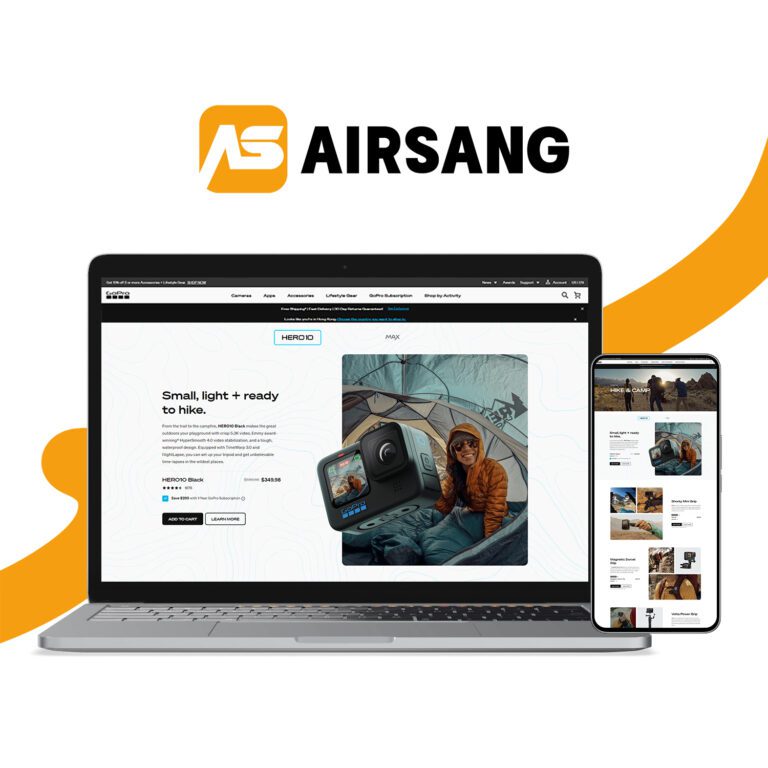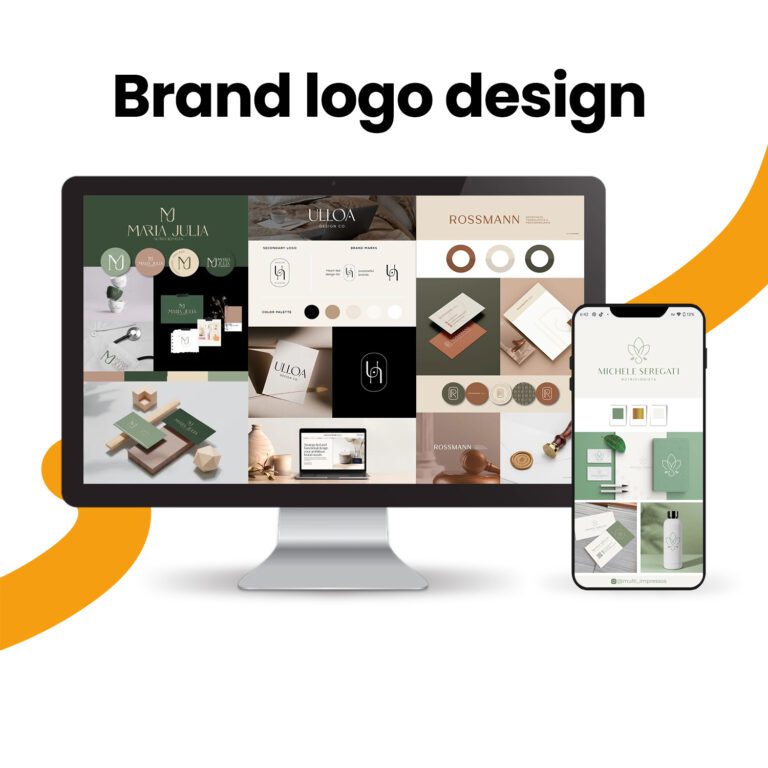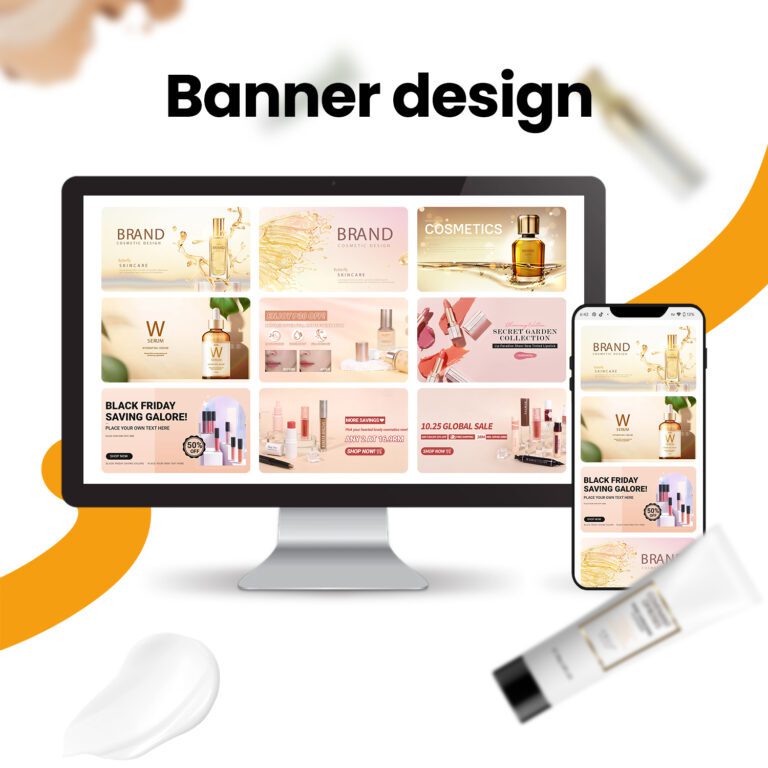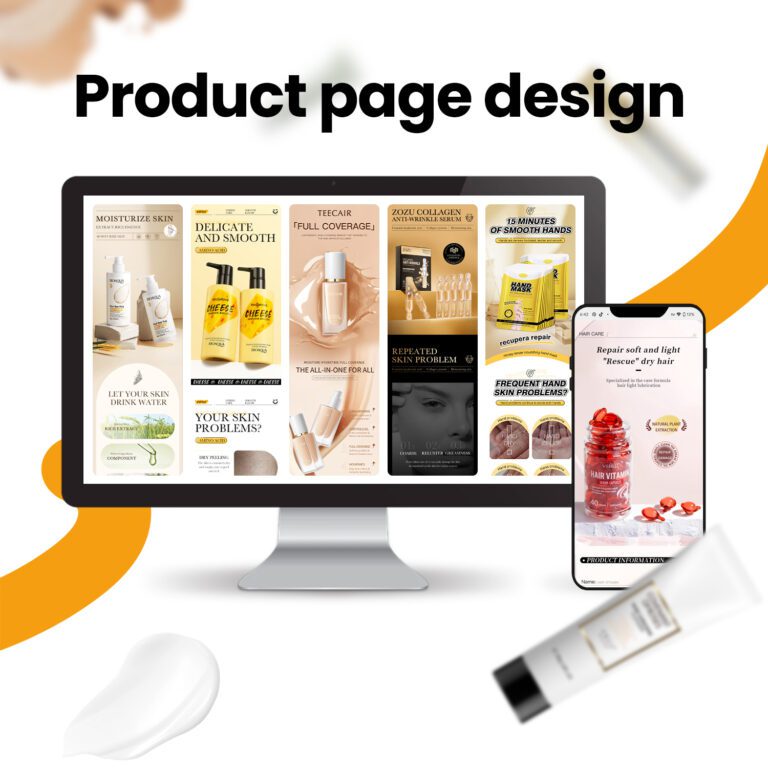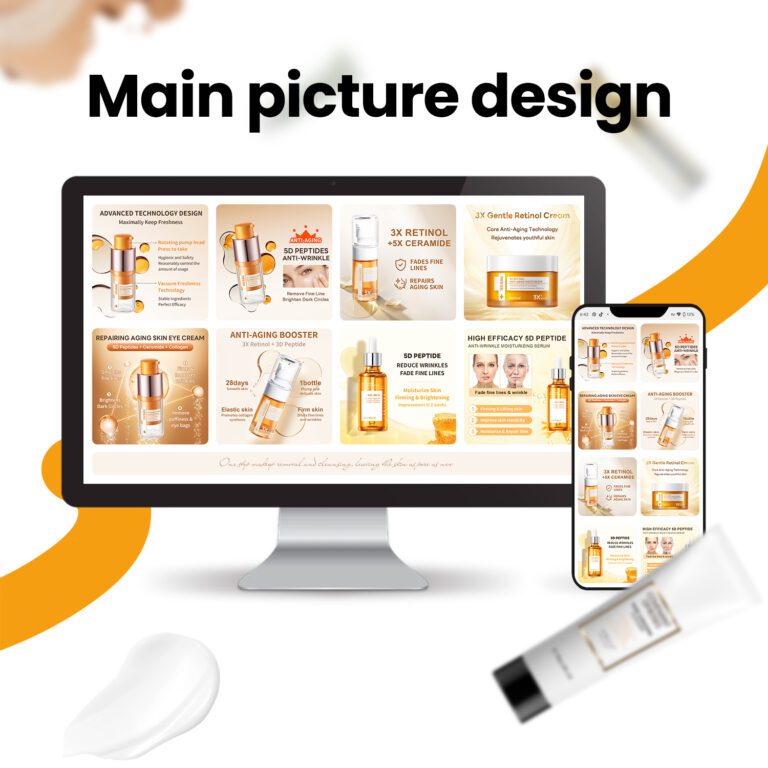ClickFunnels vs Shopify The Showdown Begins Now

Introduction
Choosing the right platform is crucial for online business success. ClickFunnels and Shopify both offer strong tools but serve different goals. This post compares their features, pricing, and ideal use cases to help you confidently pick the platform that aligns with your business strategy.
Table of Contents
- Understanding the Core Purpose
- ClickFunnels Overview
- Funnel-Focused Architecture
- Conversion Tools Built-In
- Shopify Overview
- Scalable eCommerce Ecosystem
- Powerful Inventory and Payment Support
- ClickFunnels vs Shopify: Feature Comparison
- Sales Funnel Strategy
- Product Management
- Customization and Design
- Analytics and Reporting
- Pricing Models Explained
- Who Should Use Which?
- Conclusion
Understanding the Core Purpose
ClickFunnels was built to help marketers sell one or a few products through tightly designed funnels. It aims to maximize conversions through upsells, downsells, email automation, and urgency triggers.
Shopify, on the other hand, was built to support full-scale eCommerce stores. Whether you’re selling one product or a thousand, Shopify provides everything from product listing to checkout to shipping integrations.
Before choosing, ask yourself: Am I building a storefront or a conversion funnel?
ClickFunnels Overview
Funnel-Focused Architecture
ClickFunnels allows you to build step-by-step journeys that guide users toward a specific goal—usually a purchase. The interface is intuitive, letting users quickly drag and drop elements into pages that push customers deeper into a funnel.
Conversion Tools Built-In
ClickFunnels includes features like:
- One-click upsells
- Countdown timers
- A/B testing
- Webinar hosting
- Email follow-up with Actionetics (now part of Follow-Up Funnels)
These tools reduce the need for third-party apps. Entrepreneurs love ClickFunnels because they can launch quickly and sell fast without building an entire store.
Shopify Overview
Scalable eCommerce Ecosystem
Shopify shines when it comes to long-term scalability. Its ecosystem includes:
- Thousands of third-party apps
- Dozens of responsive themes
- Seamless inventory and SKU management
- Multichannel sales (Amazon, eBay, TikTok, etc.)
Merchants can easily expand their business over time without migrating platforms.
Powerful Inventory and Payment Support
With Shopify, sellers can:
- Manage large inventories
- Accept over 100 payment gateways
- Set up shipping rules
- Run discount codes and gift cards
- Use Shopify POS for offline sales
Shopify simplifies both backend logistics and customer experience.

ClickFunnels vs Shopify: Feature Comparison
Sales Funnel Strategy
ClickFunnels dominates when your priority is creating a high-converting journey—from landing page to payment.
Shopify wins if you want customers to browse through multiple products and make buying decisions at their own pace.
Product Management
- ClickFunnels handles simple products well but lacks robust inventory features.
- Shopify excels in managing hundreds (or thousands) of SKUs, categories, and variants.
Customization and Design
Both offer customizable templates, but:
- ClickFunnels focuses on conversion optimization elements.
- Shopify offers storefront elegance and navigation control.
Shopify themes generally look more polished out of the box, especially for fashion, home goods, or lifestyle brands.
Analytics and Reporting
- ClickFunnels provides funnel-specific metrics like drop-off rates, average cart value, and opt-in rates.
- Shopify offers store-wide analytics, including traffic sources, product performance, and customer behavior.
You can install Google Analytics or integrate advanced dashboards with both platforms, but Shopify’s built-in reports feel more complete for eCommerce.
Pricing Models Explained
ClickFunnels Pricing (as of 2025)
| Plan | Monthly Cost | Notable Features |
|---|---|---|
| Basic | $147 | 20 funnels, email sequences, basic analytics |
| Pro | $197 | Unlimited funnels, Follow-Up Funnels, affiliate program |
| Funnel Hacker | $297 | Priority support, advanced analytics, coaching |
Shopify Pricing (as of 2025)
| Plan | Monthly Cost | Notable Features |
|---|---|---|
| Basic | $39 | Online store, 2 staff accounts, basic reports |
| Shopify | $105 | 5 staff accounts, professional reports |
| Advanced | $399 | 15 staff accounts, custom reporting, third-party shipping rates |
ClickFunnels includes built-in marketing tools, while Shopify often relies on third-party apps (some free, many paid). Shopify also takes a small percentage per transaction unless you use Shopify Payments.
Who Should Use Which?
Choose ClickFunnels If:
- You sell one or few products.
- You need funnels with upsells/downsells.
- You run webinars or coaching offers.
- Your business focuses on lead generation and digital products.
Choose Shopify If:
- You want a comprehensive online store.
- You manage physical products and shipping.
- You plan to scale to hundreds of SKUs.
- You prioritize a seamless shopping experience.

Conclusion
Both ClickFunnels and Shopify empower digital entrepreneurs in different ways. The right choice depends on your business model and growth goals.
If you’re building a sales funnel that leads to a digital product, coaching session, or online course, ClickFunnels gives you the tools to capture and convert.
If you’re establishing a long-term brand with a growing product catalog, Shopify offers the infrastructure, integrations, and scalability you need.
Need help designing a high-converting website—whether it’s Shopify or a custom sales funnel? Let AIRSANG DESIGN elevate your brand with strategic visuals and digital architecture tailored to your market.

